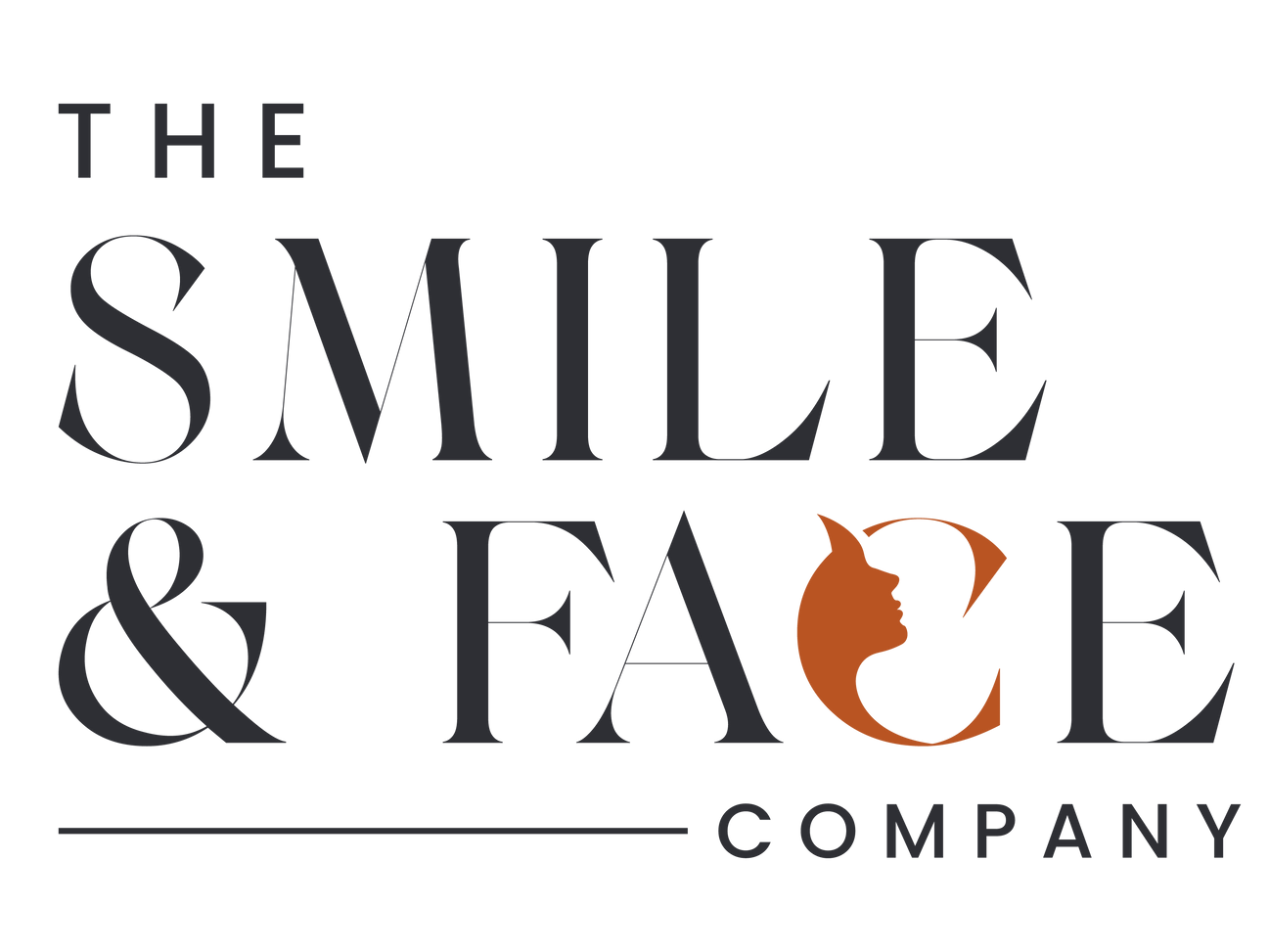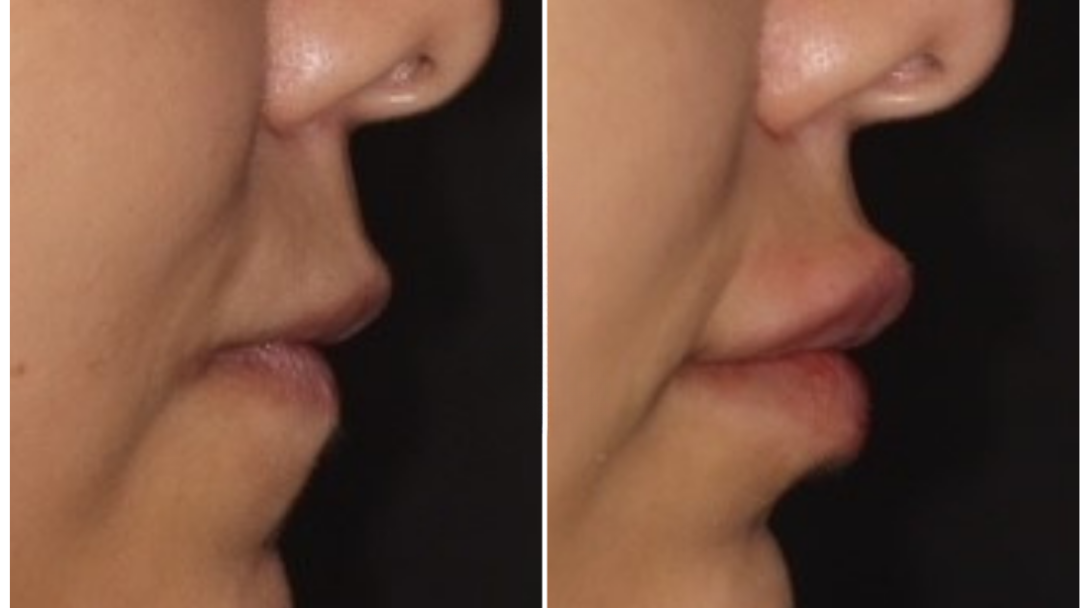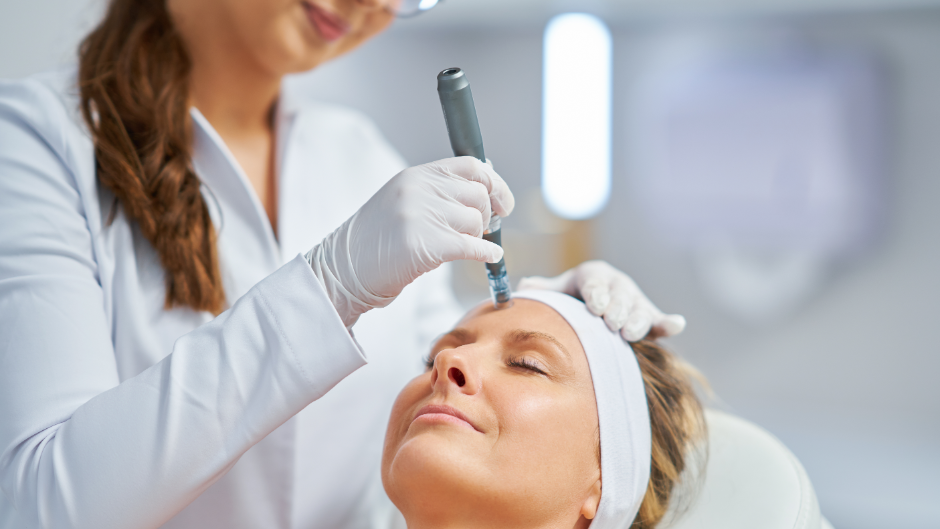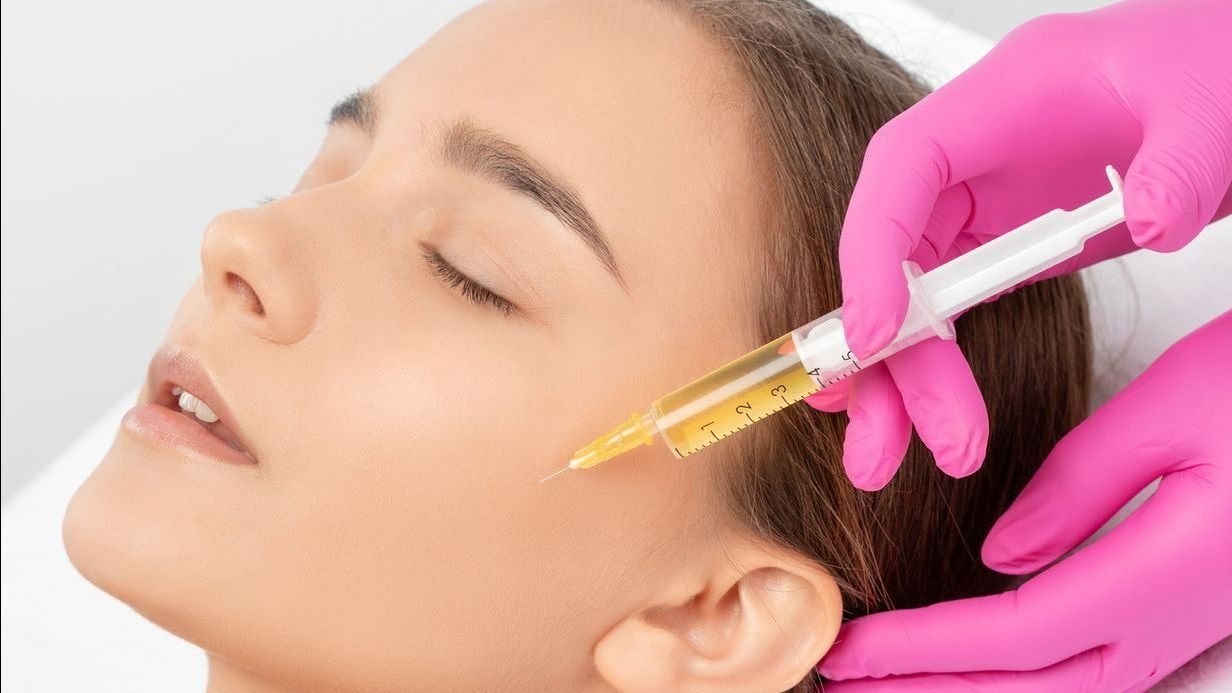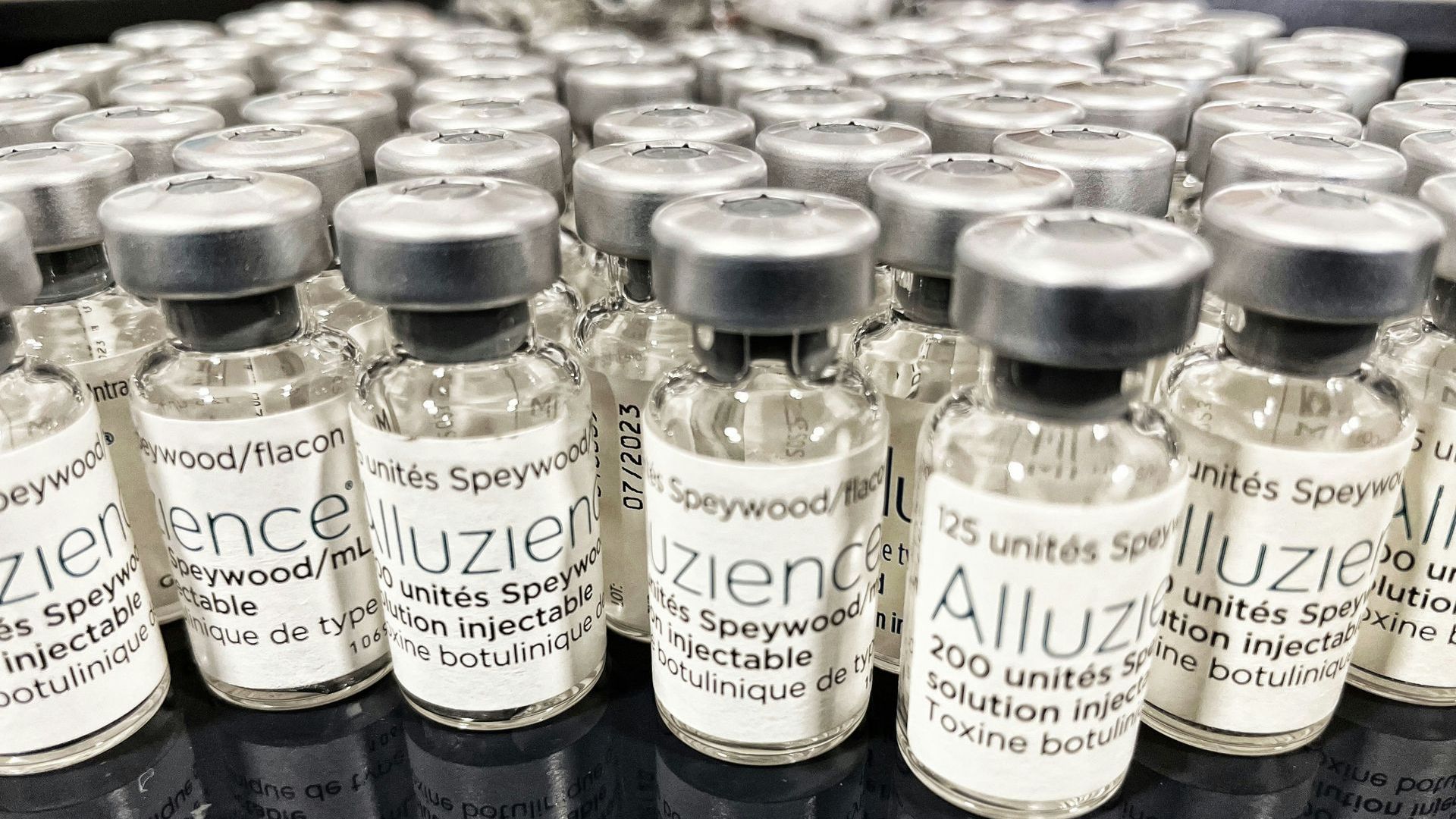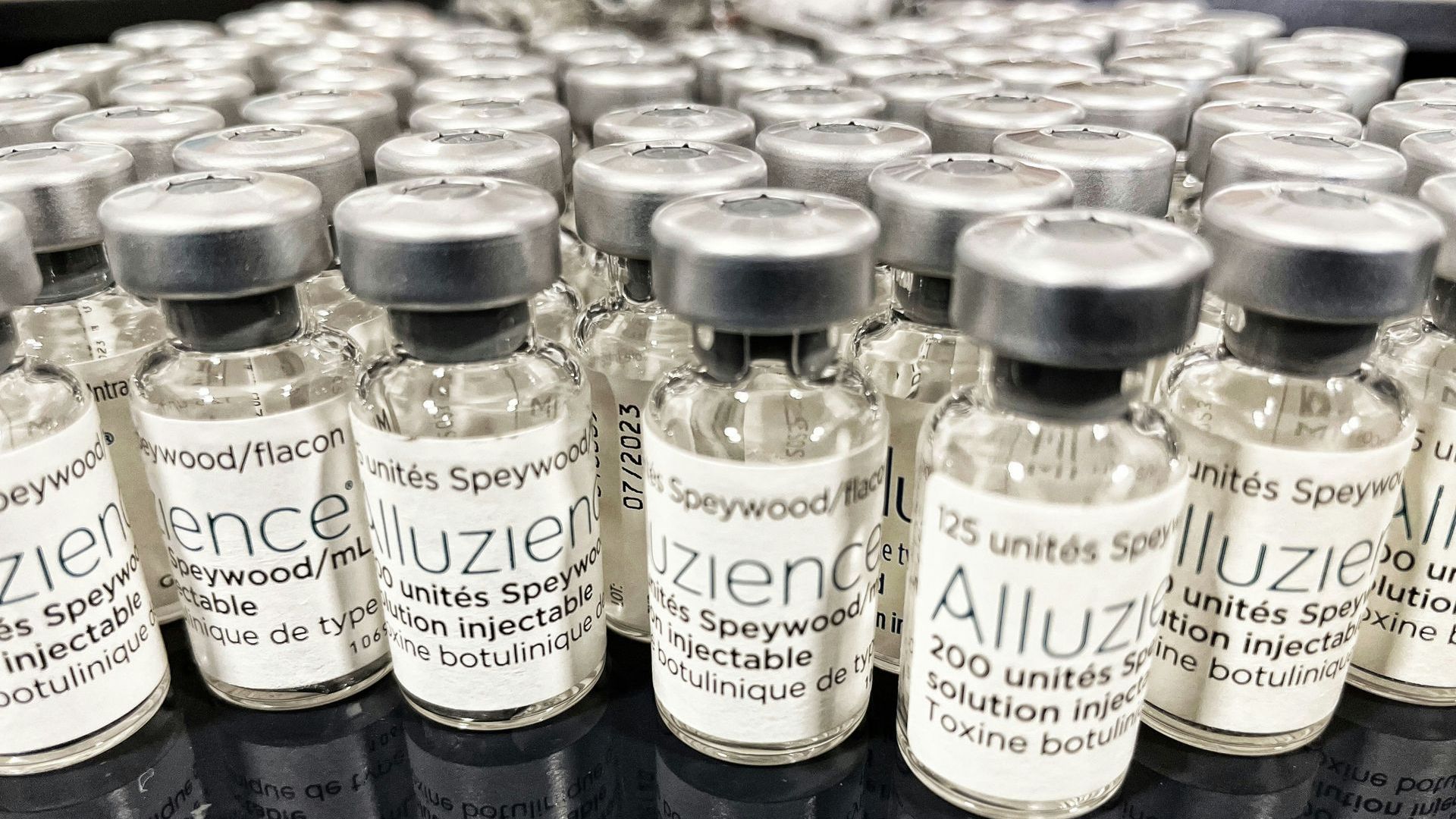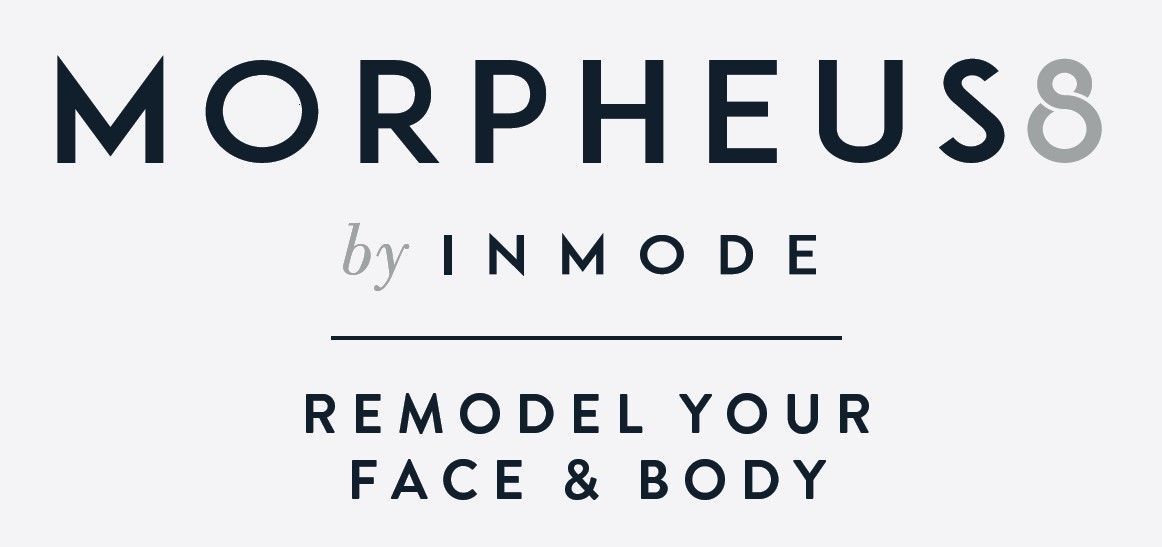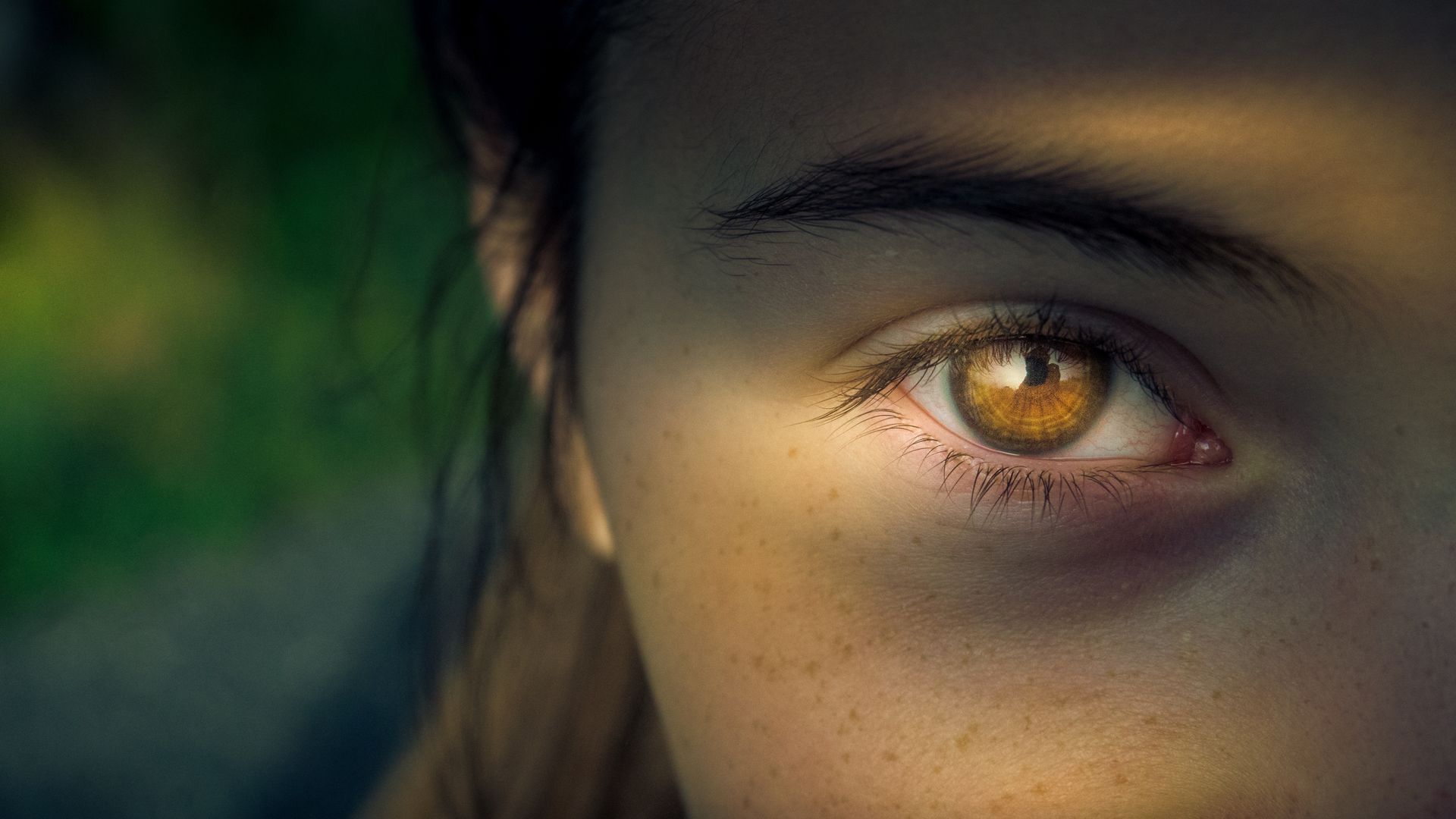What is the best skin resurfacing treatment?
Jackson Smith • August 9, 2024
What is the best skin resurfacing treatment?
Skin resurfacing treatments are a powerful way to rejuvenate your complexion by removing damaged outer layers of skin, revealing the healthier, younger-looking skin beneath. These treatments stimulate new skin cell growth and encourage collagen production, helping you to achieve a smoother, more even skin tone and texture.
Why Consider Skin Resurfacing?
Over time, environmental factors, aging, and everyday wear can lead to wrinkles, scars, age spots, and discoloration. Skin resurfacing treatments help reverse these effects, restoring a youthful and healthy appearance. But with so many options available, how do you choose the right treatment?
Who Should Perform Your Skin Resurfacing?
While many effective skin resurfacing technologies are available, the expertise of your provider is critical to achieving the best results. Certain procedures, such as deep chemical peels and ablative laser treatments, should only be performed by a board-certified cosmetic surgeon. Other treatments, like microneedling or light peels, can be safely administered by a trained registered nurse or licensed aesthetician. Regardless of the treatment, always choose a provider who is licensed, experienced, and works under the supervision of a qualified cosmetic surgeon.
Key Benefits of Skin Resurfacing Treatments
- Improves Skin Texture: Procedures like laser resurfacing and chemical peels remove dead skin cells, promoting collagen production and smoothing the skin’s surface.
- Reduces Wrinkles: By stimulating collagen growth, skin resurfacing can diminish the appearance of fine lines and wrinkles.
- Minimizes Scars and Blemishes: Effective in reducing the visibility of scars and blemishes, these treatments can lead to a more even complexion.
Laser Skin Resurfacing Treatments
Lasers are a popular choice for skin resurfacing because they use concentrated beams of light energy to enhance the skin’s tone, texture, and appearance.
How Can Laser Resurfacing Improve Your Skin?
- Minimize Fine Lines and Wrinkles: Smooth out facial lines for a more youthful look.
- Treat Brown Spots and Discoloration: Achieve a more balanced skin tone.
- Tighten Skin: Encourage collagen production for firmer skin.
- Remove Scars: Effective for treating acne or surgical scars.
- Remove Unwanted Hair: Target and remove facial or body hair.
Types of Laser Resurfacing Lasers
- Ablative Lasers: These lasers remove outer layers of skin, promoting the growth of new, healthier skin. Fractionated lasers, a subset of ablative lasers, only remove a portion of the skin in the treatment area, allowing deeper penetration with minimal downtime.
- Non-Ablative Lasers: These lasers work by heating the skin below the surface to stimulate collagen production without breaking the skin's surface. They offer gradual improvements with no downtime and lasting results.
IPL (Intense Pulsed Light)
IPL is similar to laser resurfacing but uses a broad spectrum of light wavelengths to address skin problems, particularly pigmentation issues. IPL treatments absorb excessive pigments and stimulate collagen production to enhance overall skin tone.
What Skin Concerns Can IPL Treat?
- Sun Damage: Reduce the appearance of sunspots and discoloration.
- Hyperpigmentation: Address uneven skin tone and pigmentation issues.
- Redness & Rosacea: Calm redness and improve skin clarity.
- Fine Lines: Smooth out minor wrinkles for a fresher appearance.
Choosing the Right Treatment
Consulting with a board-certified cosmetic surgeon is the best way to determine which skin resurfacing treatment is right for you. They can assess your skin type, goals, and specific concerns to recommend the most effective treatment options. Transform your skin with the right resurfacing treatment and enjoy a renewed, radiant complexion!
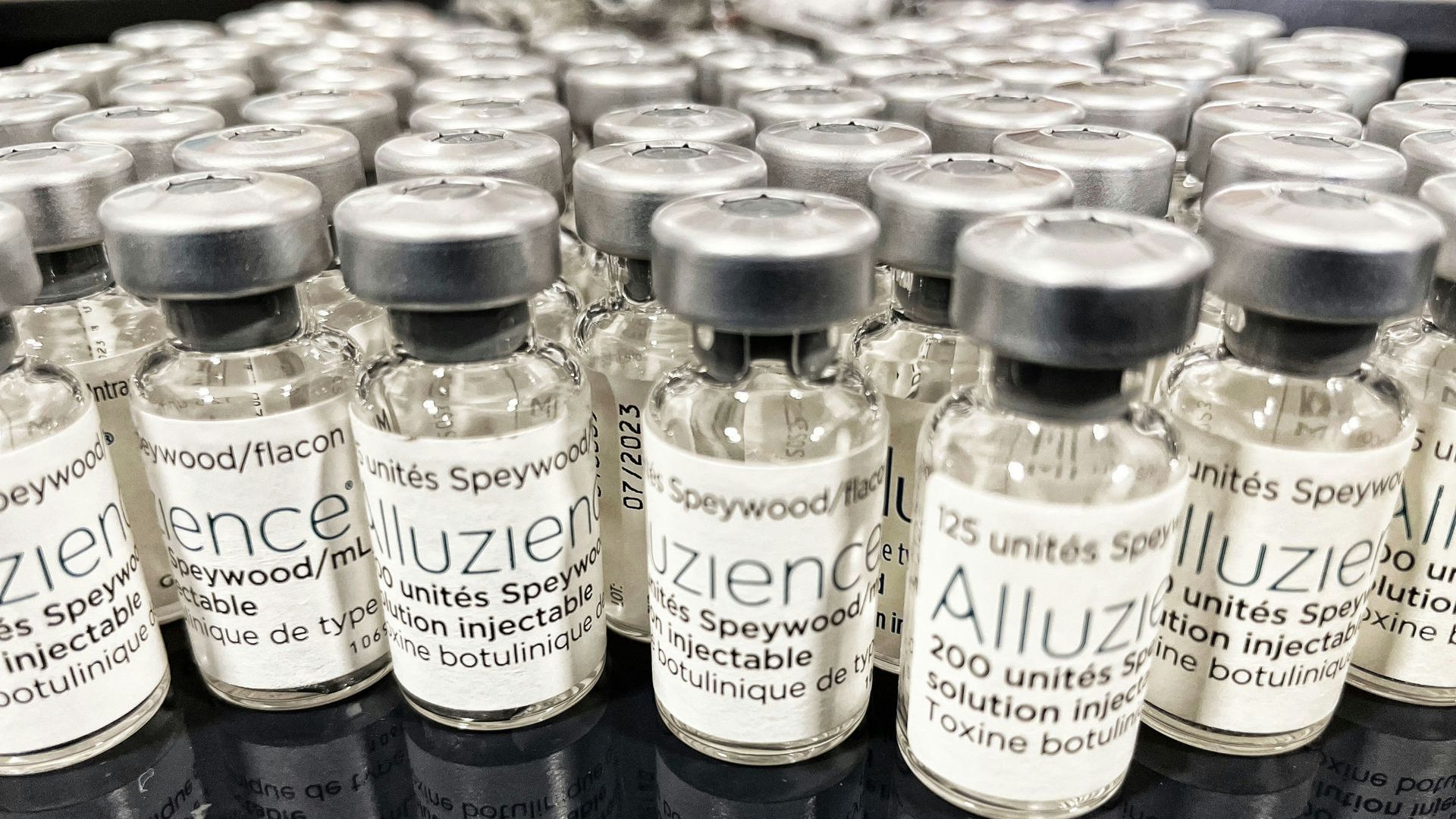
By Jackson Smith
•
August 15, 2024
About Dysport: Dysport is a noninvasive wrinkle treatment that uses botulinum toxin to relax targeted muscles, smoothing the skin and preventing wrinkles from deepening. Primarily used for glabellar lines (frown lines between the eyebrows), it’s effective for moderate to severe cases in adults under 65. Results can appear in a few days and last several months. Cost of Dysport: The average cost of Dysport ranges between $300 and $400 per session. Factors influencing the cost include the number of injections needed, the provider's experience, and the clinic’s location. Dysport is not covered by medical insurance for cosmetic purposes but may be for certain medical conditions like muscle spasticity. Safety: While Dysport is generally safe, temporary side effects such as headaches, pain at the injection site, and inflammation can occur. Rare, more severe side effects include nausea, eyelid drooping, and muscle weakness. Dysport carries a risk of spreading to other parts of the body, which can cause muscle spasms. Convenience: Dysport injections are performed in your doctor’s office, with no recovery time required. You can resume normal activities immediately but should avoid exercise for a few hours post-procedure. Efficacy: Dysport has been found to be over 80% effective for temporary wrinkle treatment. Results are visible within a few days and can last up to four months. Follow-up sessions are needed to maintain the effects. What to Expect: After Dysport injections, you can return home immediately. Results may appear as soon as two days post-treatment and can last up to four months. Avoid rubbing the injection site and wait at least two hours before exercising. Comparison with Botox: Both Dysport and Botox are forms of botulinum toxin but have some differences Target Areas: Dysport is mainly for glabellar lines, while Botox targets crow’s feet, frown lines, and laugh lines. Procedure: Dysport is injected in at least five spots between the eyebrows, while Botox is injected around the eyes, forehead, and mouth. Cost: Both cost about $325 to $425 on average. Safety and Side Effects: Both are FDA-approved with minor side effects, though Botox has been approved since 2002, seven years earlier than Dysport. Recovery: Both treatments require little to no recovery time. Efficacy: Dysport results last up to four months, while Botox can last up to six months. Why Choose The Smile and Face Company for Dysport Treatment: The Smile and Face Company offers professional and experienced care tailored to your needs. Our integrated medical resources and diverse treatment options ensure you receive the best possible care. Schedule a free consultation today to see if Dysport is right for you.
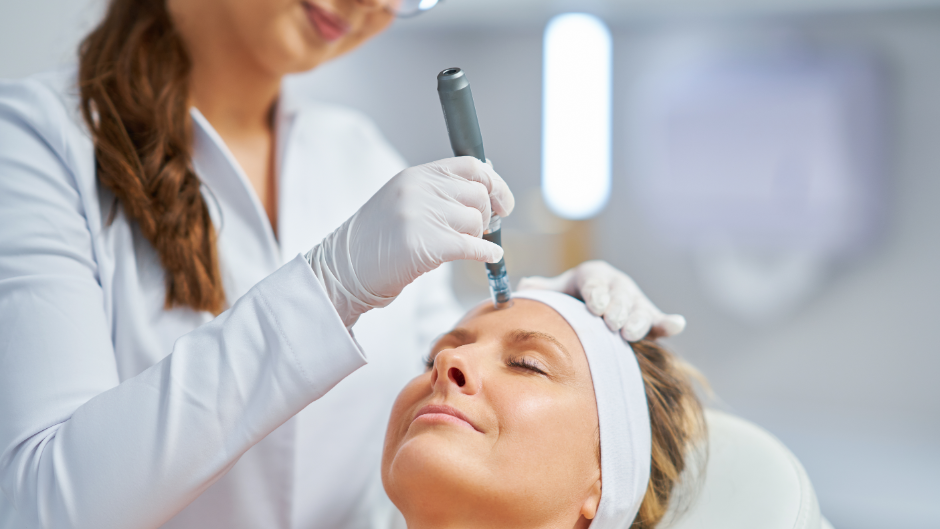
By Jackson Smith
•
August 14, 2024
Microneedling has gained popularity as an effective skin rejuvenation treatment. However, the cost can vary widely. Here's what you need to know about the pricing and factors affecting it. Average Microneedling Cost The cost of microneedling typically ranges between $100 and $600 per session. This significant variation is due to several influencing factors that we’ll explore below. Factors That Influence Microneedling Costs Treatment Area Size: Larger treatment areas cost more. If you're treating a bigger section of your face or body, expect a higher price. Addition of PRP: Microneedling with Platelet-Rich Plasma (PRP) enhances results but incurs an additional fee. PRP involves using your blood's growth factors to boost skin healing and rejuvenation. Clinic Location: Prices vary by region. Clinics in urban or high-cost areas may charge more than those in smaller towns. Provider’s Experience: More experienced and highly qualified practitioners may charge higher fees due to their expertise. Clinic Facilities: Advanced facilities with state-of-the-art equipment might have higher prices compared to basic setups. Am I a Candidate for Microneedling? Microneedling suits individuals with concerns like uneven skin texture, scarring, acne, large pores, or fine lines. It's effective for all skin types and can be applied to the face, back, arms, and abdomen. A consultation is essential to assess your suitability and set realistic expectations. Understanding the factors that influence microneedling costs helps in making an informed decision. Whether you’re treating small or large areas, considering PRP, or choosing a highly experienced provider, these elements will shape your final cost. At The Smile and Face Company, we ensure a thorough consultation to tailor the treatment to your needs and budget. Contact us today to schedule your consultation and take the first step towards rejuvenated skin!
QUICK LINKS
SERVICES
QUICK LINKS
Content, including images, displayed on this website is protected by copyright laws. Downloading, republication, retransmission or reproduction of content on this website is strictly prohibited. Terms of Use
| Privacy Policy
